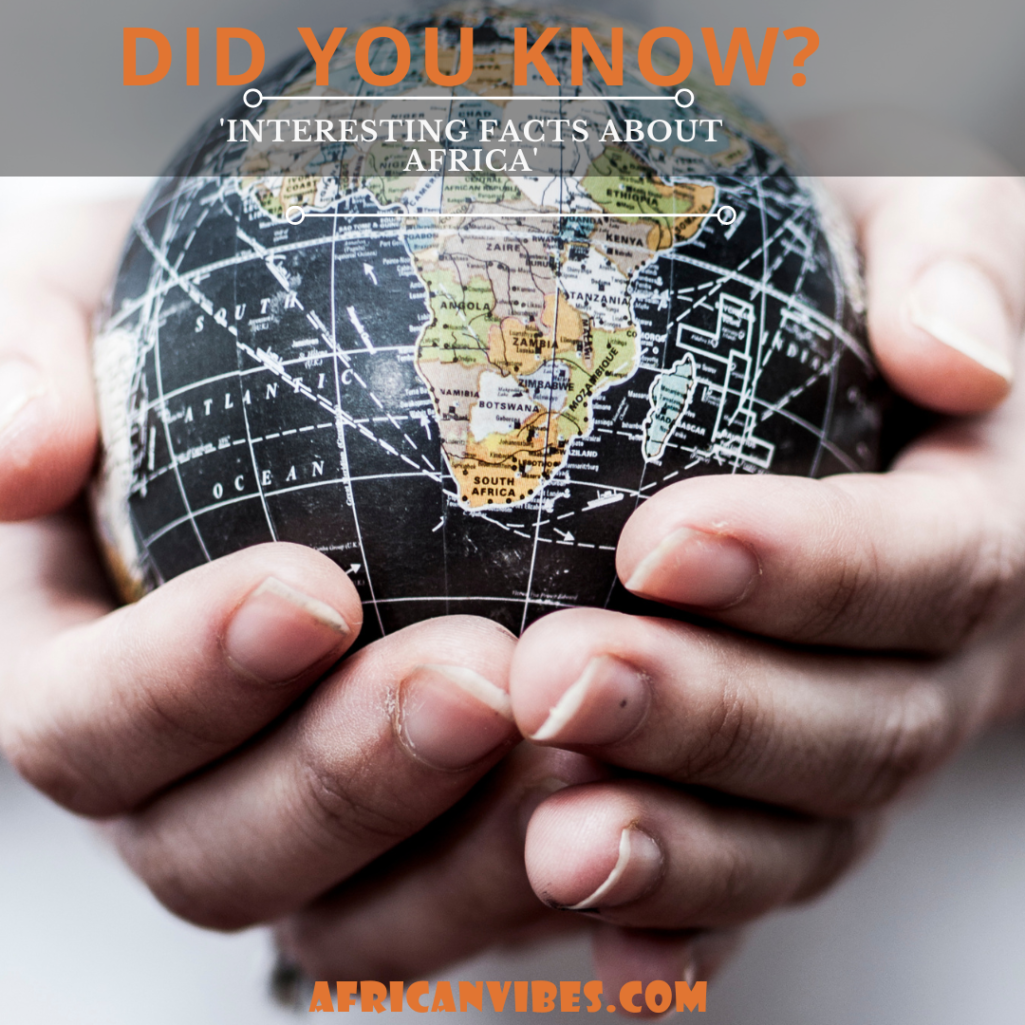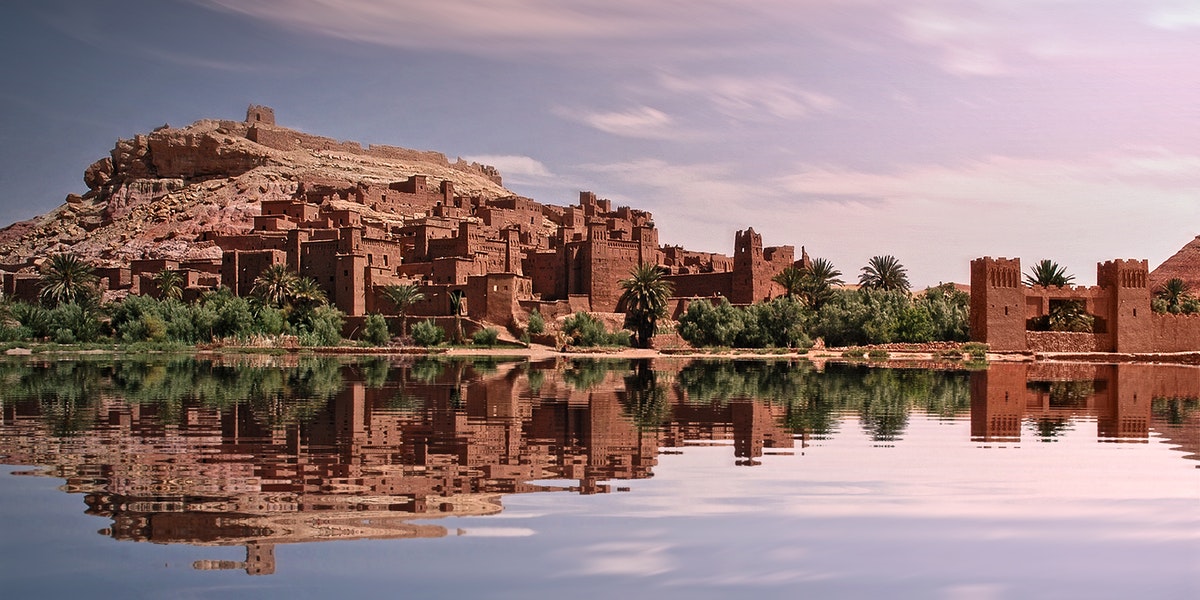How The Peace Deal Signing Between The Government And Rebel Groups In Sudan Will Likely Impact the Region


On 31st August 2020, an unusual peace deal was brokered in Sudan. For once, there was no overwhelming influence from international communities or third parties. The agreement was negotiated by the Sudanese government for the benefit of the Sudanese people. Parties to the peace deal were Sudan’s transitional government and representatives of rebel groups. The following are details of the historical agreement and its implications for future peace in Sudan.
The Peace Deal Between the Sudan Transitional Government and Rebel Groups
The 31st of August was the climax of peace talks that had lasted a year between Sudan’s transitional government and rebel groups. This was overseen by the President of South Sudan Sala Kir. The peace deal is still open for absent rebel groups to join. Also present at the occasion was Prime Minister Abdullah Hamdok. He was accompanied by the head of the Sudanese Transitional Sovereign Council, Lieutenant-General Abdel Fattah Al-Burhan.
Malik Agar of Popular Movement in the Northern sector was present too. Gibril Ibrahim of the Justice and Equality Movement and Minni Minawi of the Sudan Liberation Movement were also present. However, not all rebels signed the agreement. Abdulwahid Nur of The Sudan Liberation Army Movement faction did not attend. In addition, Abdel Aziz Al-Hilu of SPLM-North was also not present. The peace deal signals hope of a new beginning. According to the Prime Minister Abdullah Hamdok in a report on the Nation,
“Today is the beginning of the long road to peace, the peace that needs a strong and solid will, like the will of December, which shattered the fortresses of tyrants.”
The History of Conflict in Sudan
Sudan became independent from Britain and Egypt in 1956. At that time, the Muslim population inhabited the north of the country and the southern region was mostly Christian. The newly formed Arab-led government failed to honor an agreement to form a federal system. Therefore, this led to a conflict with the southern states. The first civil war in Sudan between the government of Sudan and southern rebel groups was in 1955 and lasted until 1972.
In 2003, a violent conflict began in Dafur which is located in the western province of Sudan. When President Omar Al-Bashir came to power in 1989 he promoted Arab Nationalism. This resulted in an escalation of tensions between the black African farmers who felt marginalized and Arab leadership. Rebel groups launched attacks on government targets, and the governments retaliated with military power. The result was a genocide that leftover 300,000 dead and millions displaced.
Civil war began in 1983 when President Jaafeir Nimeiri enacted Sharia Law and tried to impose it on the whole country. The Sudan People’s Liberation Movement Army fought against the government of Sudan. In 2003 and 2004 the international community mediated peace talks between Bashir’s regime and the southern provinces. This led to the signing of a peace deal in 2005. A conflict sometimes referred to as the Third Sudanese Civil War started in June 2019 in South Kordofan. It quickly spread to the Blue Nile state.
Why the Peace Deal is Significant

The peace deal is a sign of commitment from Sudan’s transitional government and the group of rebel leaders. For once, it shows a genuine commitment between the waring parties towards a fair democratic process. The agreement sets the ball rolling towards ending conflicts in Darfur, South Kordofan, and the Blue Nile. Perhaps, this will see an end to 17 years of conflict in Darfur. In the words of UN Secretary-General Antonio Guterres, this peace deal,
“marks the start of a new era for the people of Sudan and for people living in Darfur and the two areas, in particular. However, it will require commitment and collaboration between the parties and the people of Sudan.”
A statement from the Intergovernmental Authority on Development (IGAD) reads,
“IGAD acknowledges that a peaceful and prosperous Sudan is in the interest of the region which needs to be led by a good example of a unified, inclusive, and visionary leadership. IGAD praises the Chairman of the Sovereign Council of the Republic of Sudan, General Abdel Fattah al-Burhan, the Prime Minister of Sudan and IGAD Chair, H.E Dr. Abdalla Hamdok, and all the leaders of the rebel groups’ signatory to the peace agreement.”
Terms of the Peace Deal
- There will be power-sharing with the rebels. Some will have posts in the transitional government
- Some of the rebel fighters will become part of the military
- Prosecution of war criminals
- Committment of funds towards rebuilding areas devastated by war
- Efforts to overhaul the health services and the educational sector
In conclusion, Sudan deserves commendation for the great strides in removing a dictator and arriving at this historical peace deal. Consequently, this nation can look forward to a future without further conflict. A peaceful Sundan will also lower the refugee problem in the neighboring countries. Also, the citizens can go back to cultivating their lands and improve the food security of the region.







Responses